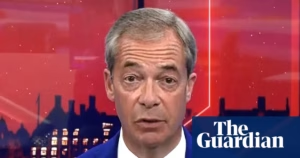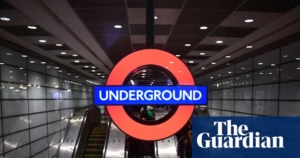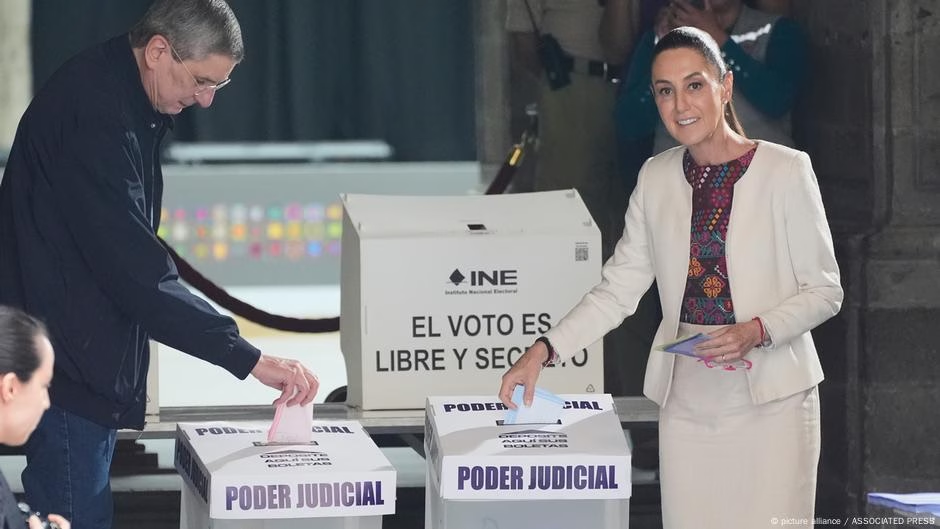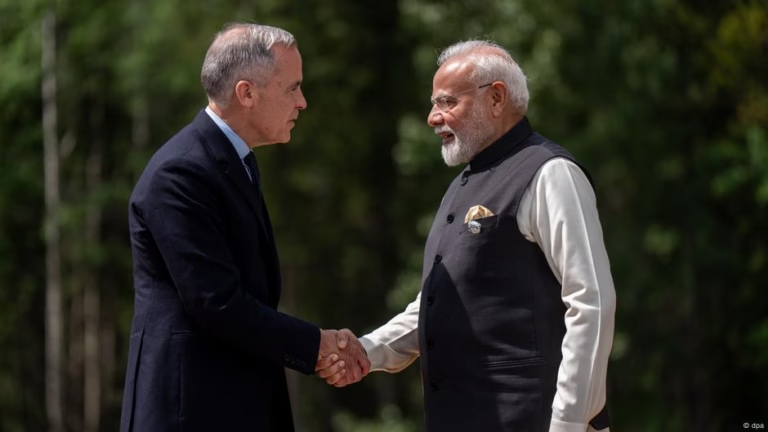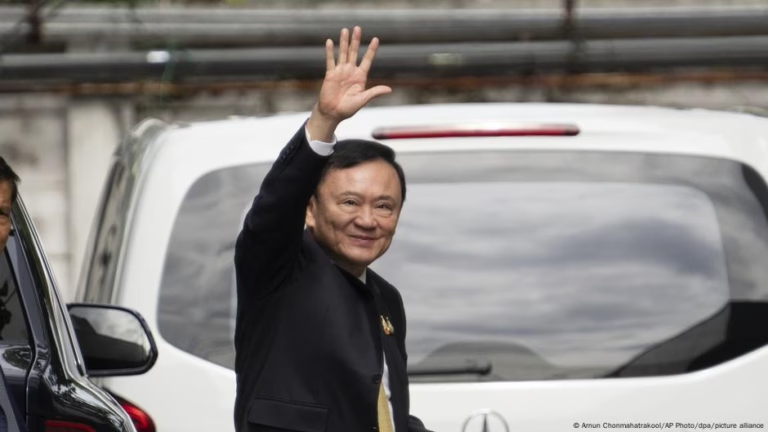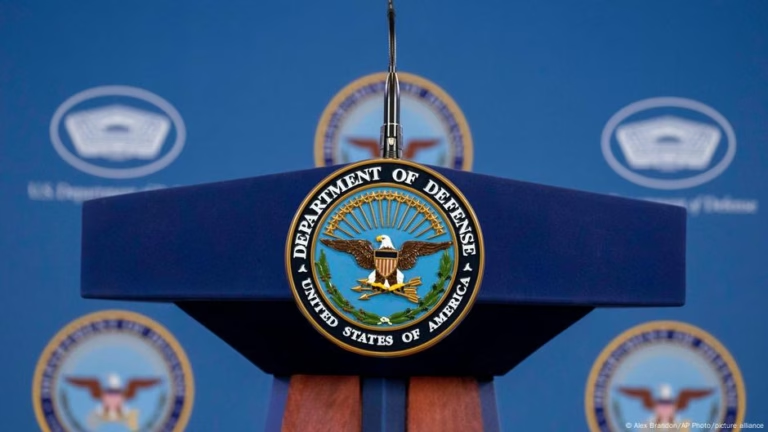Proponents of the controversial election believe it’s necessary to reform the country’s judicial system, known for corruption and inefficiency.
However, critics argue that the vote will politicize the judiciary in a country plagued by crime and gang violence.
President Claudia Sheinbaum firmly defended the decision to hold these elections. Her predecessor and mentor, former president Andres Manuel Lopez Obrador, also supported the elections.
“Those who want the regime of corruption and privileges in the judiciary to continue claim the election is rigged. Or they suggest that it’s meant for a political party to take over the Supreme Court. Nothing could be further from the truth,” she stated in a video message.
Opponents of the vote opposed the decision by marching in Mexico City, chanting slogans like “hands off our democracy” and “no to electoral fraud.”
“It was the last counterweight we had against the totalitarianism of the executive branch,” 58-year-old Ismael Novela told AFP about the judiciary.
Challenging task for voters
Voters had to choose among around 880 federal judges, including Supreme Court justices, as well as hundreds of local judges and magistrates. Another election for the remaining judicial positions will take place in 2027.
Voter turnout appeared to be low, as many struggled to choose from hundreds of relatively unknown candidates.
“We are not very prepared. I think we need more information,” Lucia Calderon, a 63-year-old university teacher, told AFP.
Some voters felt pressured to vote, while others felt disillusioned with the corrupt system.
“I’m not interested in voting. Parties and their messages come and go. It’s all the same,” Raul Bernal, a factory worker, told the AP news agency.
Rights group Defensorxs considered around 20 candidates “high risk,” including Silvia Delgado, a former lawyer for Sinaloa Cartel co-founder Joaquin “El Chapo” Guzman.
